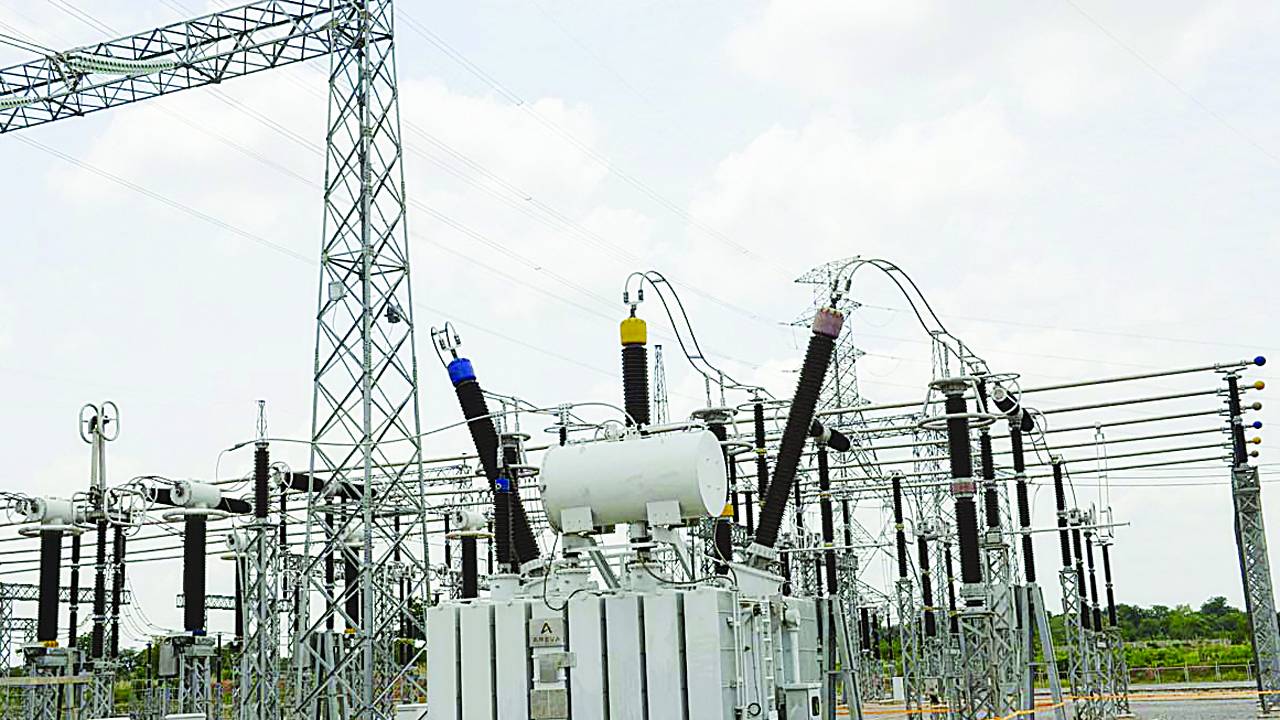
by TONBOFA LP
The Nigerian Electricity Regulatory Commission (NERC or the Commission) pursuant to the provisions of Section 28 of the Electric Power Sector Reform Act (“EPSRA” or the “Act”) issued guidelines to provide regulatory guidance to distribution and trading licensees in filing applications to NERC for the collection of Competition Transition Charge (CTC ) “the Guideline”.
What is CTC?
Section 28 of EPSRA empowers the Minister to
- determine that a directive under section 27 will result in decreasing electricity prices to such an extent that a trading licensee or a distribution licensee would have inadequate revenue to enable payment for its committed expenditures or is unable to earn permitted rates of return on its assets, despite efficient management, and
- issue further directives to the Commission on the collection of a competition transition charge from consumers and Eligible Customers, the distribution of the funds collected to the trading licensee described in section 25 (a) and to the distribution licensees; and the duration of the competition transition charge.”
The exit of an Eligible Customer (EC) from a network might lead to loss of revenue on the part of a Distribution Licensee (DisCo). CTC is the additional revenue a DisCo is eligible to collect outside its normal tariff as compensation for loss of revenue (to cover its committed prudent expenditure) and/or its inability to earn permitted rates of return on its assets arising from the exit of an EC from its network.
How Will CTC Be Computed?
CTC will be computed based on the stranded costs attributable to the EC’s exit of DisCo’s network by unbundling the DisCo’s costs and determining the actual revenue loss per each cost item. The cost items are listed below:
- Long-Term Power Purchase Agreements & Vesting Contracts: a DisCo may be exposed to losses in respect of the its contractual obligations for offtake and payment of specified capacities under its power purchase arrangements and or VC commitments with generation licensees and Nigeria Bulk Electricity Trading Plc (NBET) due to the exit of an EC.
- Regulatory Assets & Revenue Shortfalls: this entails claims for CTC for the purpose of recovering accrued regulatory assets and tariff shortfalls attributable to prospective ECs. A regulatory asset is a declaration by a regulatory authority allowing a regulated utility to recover a cost it has incurred in the future by charging higher rates than it would otherwise.
- Legacy Costs: these are costs that may have been created by virtue of the privatisation transaction or other power sector reform agenda initiatives.
- Unamortised Investments in Networks: this envisages compensation for stranded network assets provided for the prospective EC that may not be diverted for the use of their customers without incurring losses, to the extent of its unamortised value.
- Overhead Transition Costs: these are stranded operating costs directly attributable to the decision of the EC to switch suppliers which may lead to restructuring of the business of the DisCo.
The Guideline contains the prescribed content of such an application under each item listed above.
Applying for CTC
- A DisCo is expected to file an application with the Commission for applicable CTC within 30days of the receipt of the prospective EC’s notice of intention to exit network.
- This application must clearly justify that despite its efficient management, the utility would be unable to meet its revenue requirement arising from the impact of an EC switching supplier. NERC will in turn evaluate the DisCo’s claim including further consultation with the relevant stake holders involved in the EC transaction.
- Upon proof of the DisCo’s loss of revenue, NERC is to conduct an open-book review process and issue an Order for the payment of CTC by the EC.
- The CTC shall be invoiced by the DisCo based on the actual meter reading or fixed monthly charge· derived from the current/long-run annualised capacity (kWh/h) and/or energy consumed by the EC.
Payment Timelines
- The Legacy costs and the Regulatory Assets & Revenue Shortfalls shall be recovered over the tenor of the liability or deferred asset.
- Overhead transition costs are deemed short-term expenses and shall be recovered when the tariffs are realigned at the next major review by NERC.
- The CTC whether long or short-termed, may be paid periodically over time or vide a single lump sum payment by the EC.
Benefits
- DisCo can avoid unexpected losses
- NERC can protect EC from arbitrary charges
- NERC can monitor DisCo costs
- Encourages security of Power Purchase Agreements
Cons
- Who will determine DisCo has been efficient in managing costs and on what basis? Introduces NERC subjectivity and arbitrariness
- DisCos not ready to open their books to NERC may lose the option to charge CTC
- Prevents EC from changing DisCos
- Encourages DisCos inefficiency
- Encourages anticompetition acts
For more on this, kindly send an email to toluwase@tonbofa.com.





